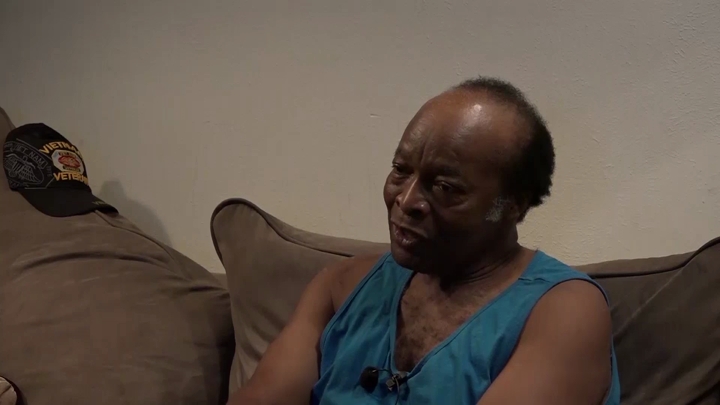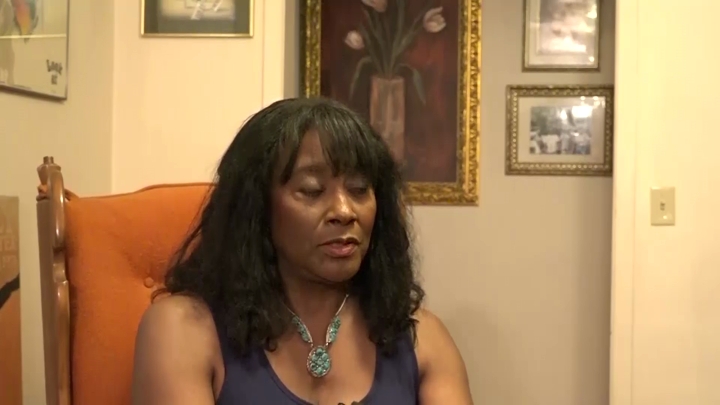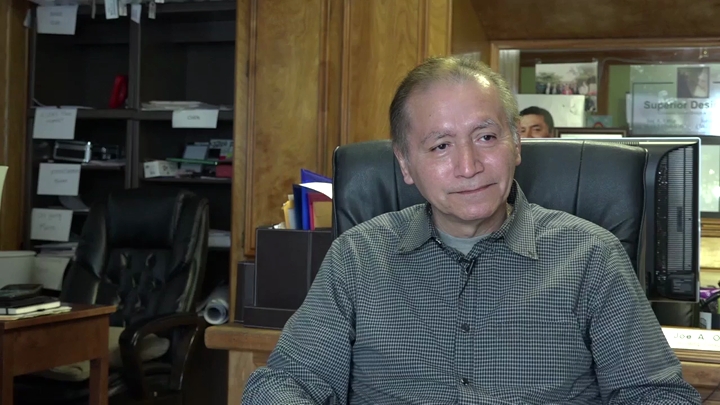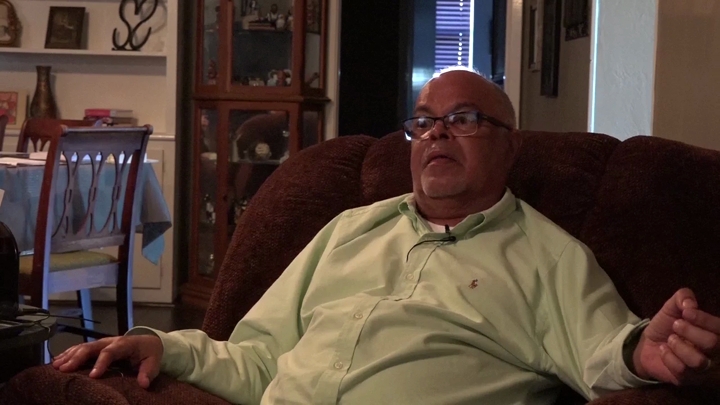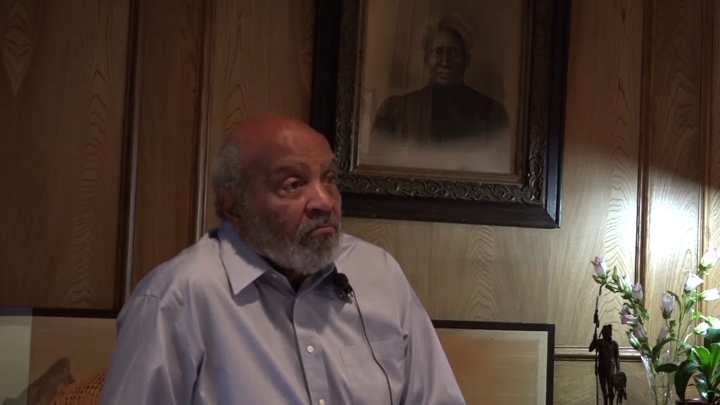Calyen / Civil Rights Movement, Protesting, and Racism, Part Two
sign up or sign in to add/edit transcript
Interviewer: You mentioned someone being tarred and feathered? Calyen: Yeah. Interviewer: That happened thirties and you said there were some other notable instances in the forties? Calyen: Yeah. Thirties and forties. Interviewer: So right before your birth, all this was happening? Calyen: Yeah. All this was happening. Interviewer: Any other notable stories of— Calyen: Well, I heard about, after World War Two, some of the black guys came from and had been in the military and they were pulled over by police and told to get out of town and don’t be caught in this area anymore. Show some type of identification. Some of them were beat up and thrown in jail and left there without any type of trial or any type of legal—type of court cases. Interviewer: So, violence would be used to keep black folks in their place in Conroe? Calyen: Yeah. Interviewer: You mentioned your uncle being run out of town. Who ran them out of town? Was it the police? Was it whites? Calyen: The police would not do anything to keep him from being run out of town. It was vigilante groups that would get behind these people. Let you know that if you did--we’re looking for you. If we catch you we’re going to kill you or we’re going to burn your house down. It was vigilante groups, but the police didn’t react to those things. They’d let it happen. Interviewer: Did these groups have names or were they just? Calyen: They didn’t have a name, but I guess, maybe it was part of the Ku Klux Klan or some type of roughneck vigilante group. Everybody got guns, you know, so it didn’t take much to get people stirred up. Interviewer: What did—because y’all knew these vigilante groups were out there, how did the black community protect themselves? Because the police weren’t protecting them, so how did y’all protect yourselves from these threats? Calyen: We had a drawn a line in the sand also, that if someone—I remember, in my house, we had guns all over the place and my dad would shoot you. Yeah, he would. Interviewer: So, they would shoot back? Calyen: Yeah, yeah. Interviewer: So, your uncle was run out of town. Do you remember any other people being run out of town? Calyen: I can’t remember people by name, but you know, when you get around people and talk sometimes and say different persons had been done the same way. They were told to get out of town. Interviewer: Did people disappear? Calyen: They’d disappear. They’d come back years later or they’d never come back again. A lot of people told me, said a lot of people during that Great Migration time, people would leave and run and go to California because they had a worn-out farm, or some vigilante group would kill them if they showed up again. That was part of the migration that people went to—a lot of people from Texas did go to California to get away from—not only to get away from vigilantes but just to make life better.


